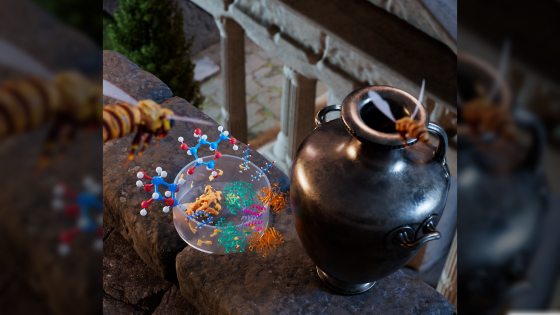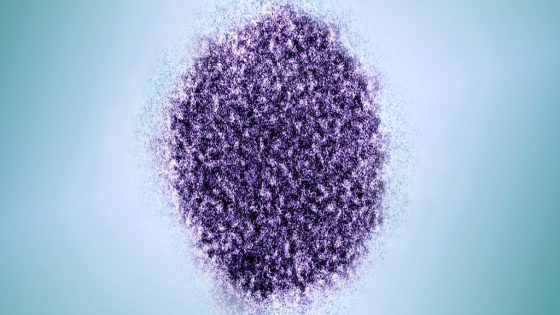Recent findings about honey’s historical significance highlight its status as a natural superfood. On July 30, 2025, researchers confirmed that sticky residue found in ancient bronze jars from Italy is indeed honey, resolving a long-standing archaeological mystery.
- Ancient jars contained 2,500-year-old honey.
- Chemical analysis confirmed honey's presence.
- Honey was significant in ancient rituals.
- Copper ions helped preserve the honey.
- Study highlights advances in analytical techniques.
- Jars found in an underground shrine.
This discovery sheds light on the importance of honey in ancient Greek and Roman cultures, where it was revered for its medicinal and ritualistic properties. The jars, unearthed in Paestum, contained remnants of honeycomb, suggesting it played a role in offerings to deities.
This revelation prompts an interesting question: How can modern diets benefit from honey’s ancient wisdom? Honey is not just a sweetener; it offers various health advantages. Consider these recommendations:
- Incorporate honey into your diet for its natural energy boost.
- Use honey as a natural remedy for sore throats and coughs.
- Opt for raw honey to maximize health benefits.
- Be mindful of sugar intake, even with natural sweeteners.
As we explore the past, let’s also embrace honey’s potential in our modern health practices. Could this ancient superfood be the key to enhancing our well-being today?

































